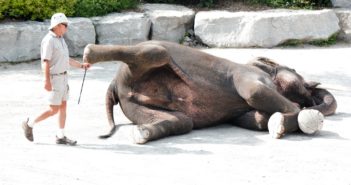
Ten Worst Zoos for Elephants in 2020 Announced
Tragically, some zoos continue to hold elephants in social isolation, dominate them through pain and fear using cruel bullhooks, and keep elephants locked in barns over long, dark and cold winters.

Tragically, some zoos continue to hold elephants in social isolation, dominate them through pain and fear using cruel bullhooks, and keep elephants locked in barns over long, dark and cold winters.
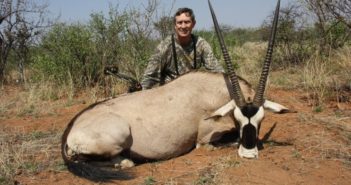
“Nobody has shone the spotlight on the industry, its power or the slaughter that it is responsible for before. This is what I am seeking to do.”

Images and videos of people touching, holding, and playing with wild animals go viral all the time. But how does this affect the animals themselves?
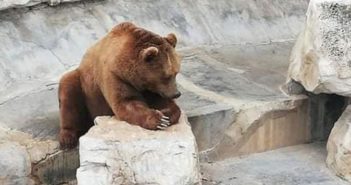
The animals are imprisoned in very small cages, neglected, dehydrated, and malnourished in a facility where maintenance, hygiene and good care are not provided.
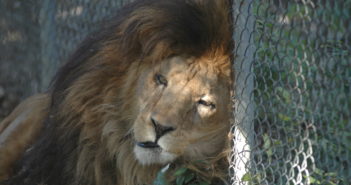
Two women thought they were helping by hand-rearing cubs, until they learned some sinister truths. Now they run a sanctuary for big cats born victim to an exploitative industry.
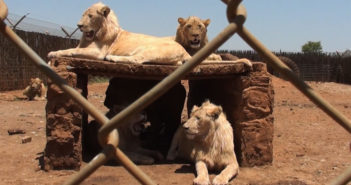
Will the South African government and its high-level panel finally accept the overwhelming evidence that captive lion breeding should be stopped?
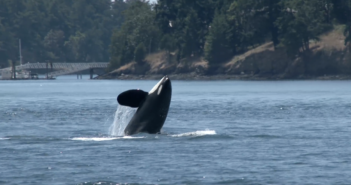
Experts have called for a moratorium on whale watching in the Pacific Northwest to protect the highly-endangered Southern Resident Killer Whales, but the whale watching industry persists. Why, and why is this such an important issue?
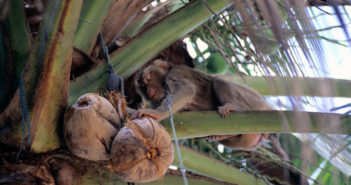
In some regions of Thailand, pig-tailed macaques are abusively trained, often with severe punishments, to harvest coconuts for the export industry.
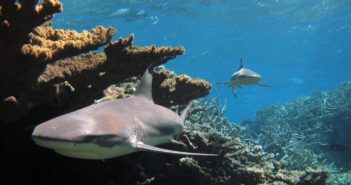
Acting like high-rise timeshares in the sea, shipwrecks and other artificial reefs can support dense populations of sharks, mackerels, barracudas, jacks and other large migratory marine predators essential to ocean health, according to a new study.
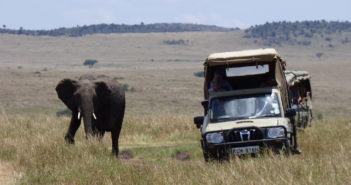
The director of legal affairs and advocacy for Africa Network for Animal Welfare discusses the most pressing issues affecting animals across Africa and the receptiveness of African political leaders to animal protection concerns.
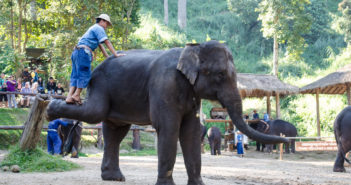
The pandemic has revealed the truth about Thailand’s unsustainable and exploitative elephant tourism sector — and a chance to rethink the relationship between humans and elephants.
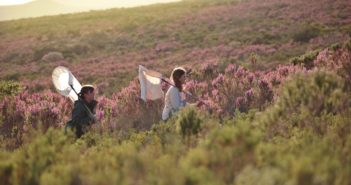
In a survey of over 300 conservationists in 85 countries, 70 percent report critical work has been postponed or canceled.